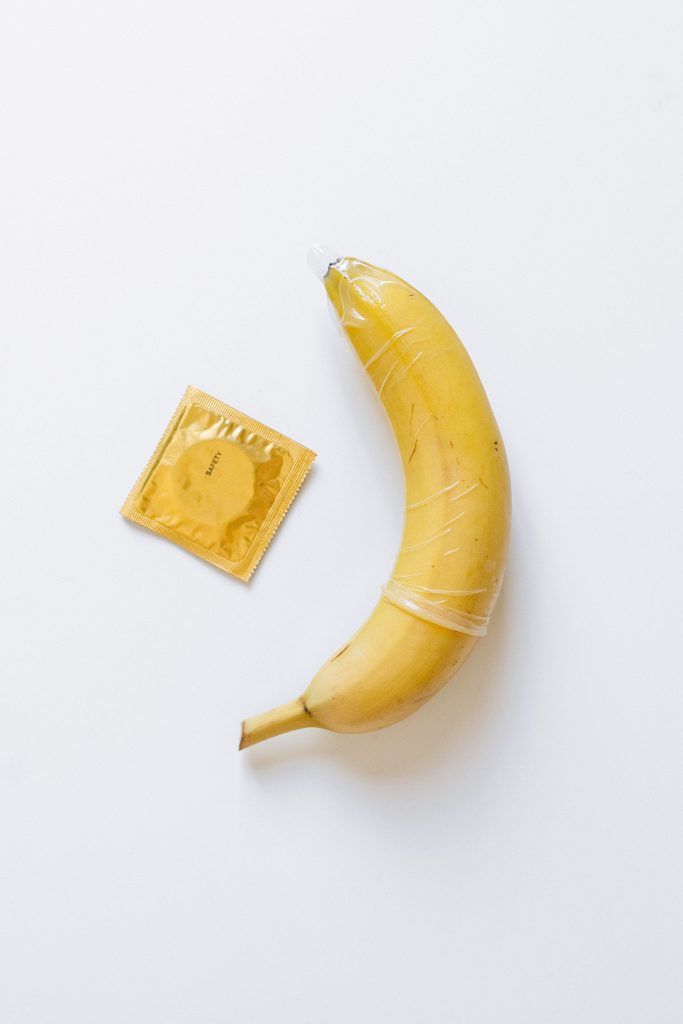Condoms are certainly the most popular contraceptive. In addition, they are also effective in protecting against HIV infection. What else should you know about them?
In Poland sexuality and sexual needs are still rarely discussed. Maybe it is no longer a taboo subject, but bringing it up still causes a slight consternation and confusion in some people. What is the reason for this? Mainly due to ignorance. Most people know very little about condoms.
Young people seem to be “educated” when it comes to sex-related topics. This is an appropriate term, because young people live in a reality somewhat removed from real life, and they learn about sex mainly from Hollywood productions or from their friends, whose own experiences can be heavily embellished and have little to do with the truth. At school, teachers do not talk much about sexual intercourse, and neither do parents. However, more and more social campaigns are appearing, in which experts address topics related to our intimacy. One of them is condoms and all issues related to them. When and how to use them? Are they really a hundred percent protection against sexually transmitted diseases and effective contraception?
What exactly is a condom? It is a widely available mechanical contraceptive. It is also popularly known as a condom. Latex is the material most commonly used to make it, as it has a high elasticity/stretch. Although many people claim to know how to use it, they are wrong. We have to remember that the wall of the condom is extremely thin, which makes it easy to damage it, so if this contraceptive is to protect us effectively, it is necessary to follow the rules of its use. However, they are not very complicated. Well-known brands that produce condoms describe exactly how to use them. Condoms are available not only in different sizes, but also in different flavours and even types, e.g. those enhancing partners’ pleasure.

How to store condoms? Do not carry them in your wallet as most (especially men) are in the habit of doing, because when they are squeezed it is easy to damage them. It’s best if they are stored in some small box. You should also always check the expiration date. Interestingly – many people still have trouble putting on a condom despite the instruction manual. It is important to wash your hands thoroughly before putting it on. Put it on before intercourse, in an erect state, and don’t wait too long before putting it on to prevent it from drying out. Always choose the right size condom, so that it doesn’t break during the intercourse (important: the size of the condom is adjusted to the size of the erect penis). Throw the used condom in the trash.
What diseases does a condom protect against? The World Health Organization (WHO) puts the effectiveness of the condom as a form of protection against sexually transmitted diseases at between 80 and 95%. The condom is high protection against diseases such as syphilis, AIDS, herpes, HPV, which leads to cervical cancer, and hepatitis B.
Female condoms are also available in many countries. As you can guess, they look quite different from those designed for men because of their anatomical structure. These contraceptives are made of polyurethane and do not contain latex. In Poland, their availability is very limited.
Read also: Contraceptive spiral – what you need to know about it?
Main photo: cottonbro/ pexels.com